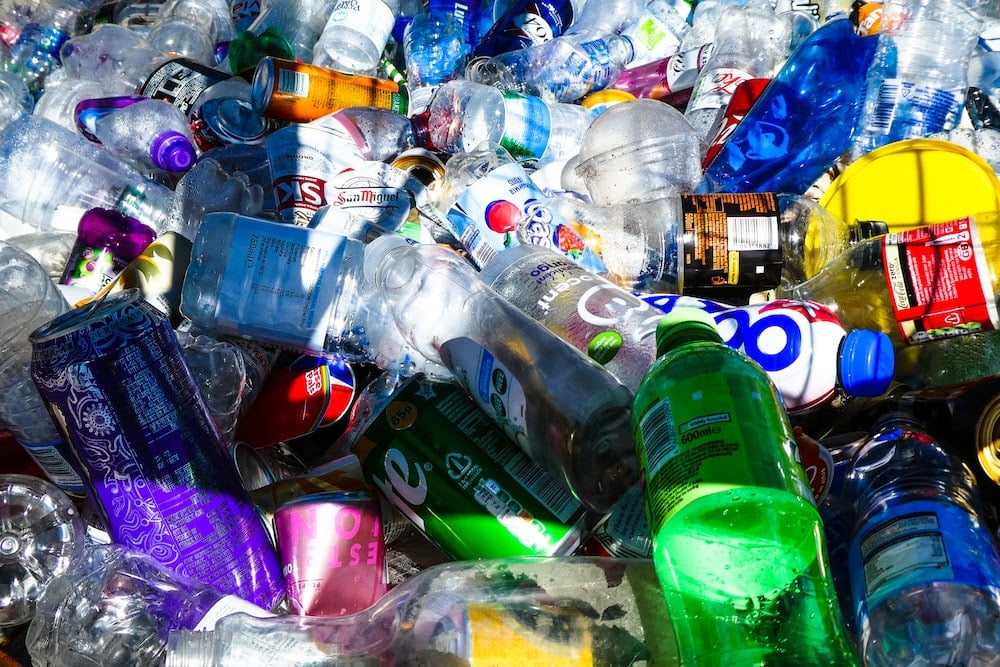
A new enzyme created in the laboratory can reduce the decomposition time of plastic from thousands of years to a few days, or even hours, and then recycle it by reassembling it. A study published in Nature by researchers at the University of Texas at Austin demonstrates how the use of this enzyme, called FAST-PETase, can dramatically reduce the time it takes for plastic to decompose.
PET, or polyethylene terephthalate, is one of the most common plastic components used in plastic packaging, accounting for around 12% of global waste. Considering also that around 6 million barrels of oil are used every day to produce plastic bags, bottles and, other plastic objects, a process promoting the rapid decomposition of plastic would both reduce the carbon footprint of the plastics industry and limit pollution.
The team of researchers who developed the enzyme believe it could be used to clean up sites contaminated by plastic pollution, with decomposition taking place within a week and, in certain circumstances, within 24 hours.
Research director Al Alper, a chemical engineer, believes that the possibilities for using this process are infinite, whatever the type of industry concerned, as the technique would enable companies to reduce their waste and at the same time anticipate and set up an in-house recycling process without having to resort to external service providers and transport to recycling sites.
The FAST-PETase enzyme was created from a naturally occurring PET-degrading enzyme, then modified using machine learning to act on five mutations enabling it to break down plastic more quickly. The researchers then used chemical reactions to repolymerize the plastic, enabling the creation of new products.
The feasibility of the process was verified by tests carried out on 51 post-use plastic consumer containers, five different polyester fibers, PET and water bottles. The FAST-PETase enzyme proved effective with temperatures below 50˚C, which Al Alper sees as a definite advantage as the enzyme can be used at ambient temperature, particularly outdoors in polluted sites.
At present, the solutions for reducing the plastic stockpile are landfill, with a long decomposition time, or burning, which is costly and harmful to health and the environment. The use of such an enzyme, adaptable to different industries, according to the researchers, would constitute an environmental and technological breakthrough, as it combines processes from artificial intelligence with machine learning, synthetic biology and chemistry.




